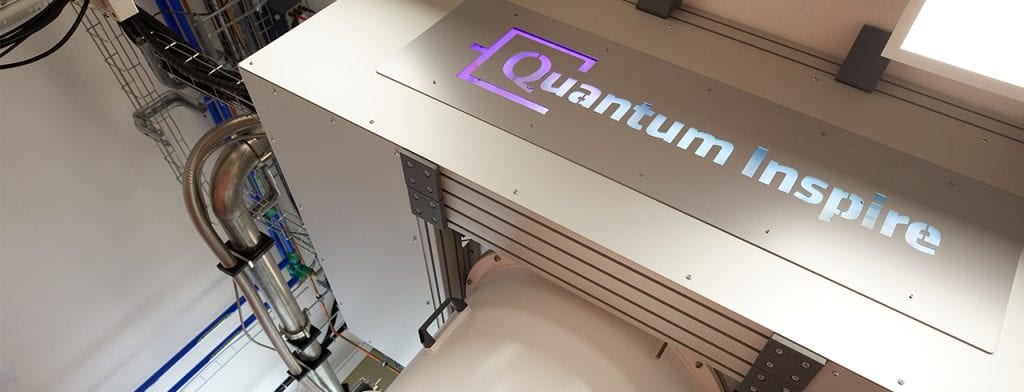25.11.2020Quantum Computing
New grant to bring quantum computing closer to its future users through Quantum Inspire platform

New grant to bring quantum computing closer to its future users through Quantum Inspire platform
Delft, 25 November 2020 – Today, the Dutch Research Council (NWO) announced to make over 93 million euros available to 21 interdisciplinary research projects aiming to bring scientific and societal breakthroughs within reach. The projects are receiving funding under the second round of the Dutch Research Agenda Programme: ‘Research along Routes by Consortia’ (NWA-ORC). One of the grants (4.5 million euros) is going to an interdisciplinary consortium in which several public and private partners will collaborate to bring quantum technology closer to potential users across society through the Quantum Inspire platform.
Is society ready?
Quantum technology has the potential to impact society at large. It may provide answers to societal challenges in many different fields such as energy, food supply, security and health care, all of which could be revolutionized once quantum computing matures. In order to fully understand and realize the impact of quantum computing on our society, it’s important to bring the technology closer to its future users. In comparison: the full potential of early digital computers was realized only when users were able to interact with them. The consortium aims to follow a similar path for quantum computing by enabling future users to interact with Quantum Inspire, the first European quantum computing platform in the cloud.
Quantum computing accessible to all
QuTech (a collaboration between TU Delft and TNO) launched a first version of Quantum Inspire in April 2020, and the grant will allow to develop it further. Lieven Vandersypen, coordinator of the NWA-ORC application and Director Research of QuTech, explained: “The NWA-ORC programme will allow us to make the Quantum Inspire platform even more available to society. From students and the general public through to future users in industry and government, everyone will be able to access Quantum Inspire from anywhere and at any time.”
Achieving actual societal impact
The consortium includes members with a variety of different backgrounds, such as physics and electrical engineering but also industrial design and education. It aims to achieve societal impact and advance Quantum Inspire in several ways. Providing the ability to perform meaningful calculations will mean implementing over 50 qubits (the building blocks of a quantum computer) that can all work well together. Furthermore, in order for everyone to be able to interact with Quantum Inspire and envision future applications, the consortium is also focused on designing an intuitive and easily accessible user-interface. A further goal is designing a path towards the commercial use of quantum computing.
Vandersypen: “We hope that different people from all parts of society will interact with Quantum Inspire, so that we can work together to figure out the full range of possibilities offered to our society by quantum computing – including which societal challenges it will be able to solve.”
—————————————————————————————
Official secretary on behalf of the consortium: Prof. Lieven Vandersypen – QuTech/TU Delft
Consortium: TU Delft, Leiden University, Radboud University, The Hague University of Applied Sciences, QuTech, TNO, Waag, Ministry of Defence, Malmberg, Zurich Instruments, Onderwijsnetwerk Zuid-Holland (ONZ), Leiden University Graduate School of Teaching

